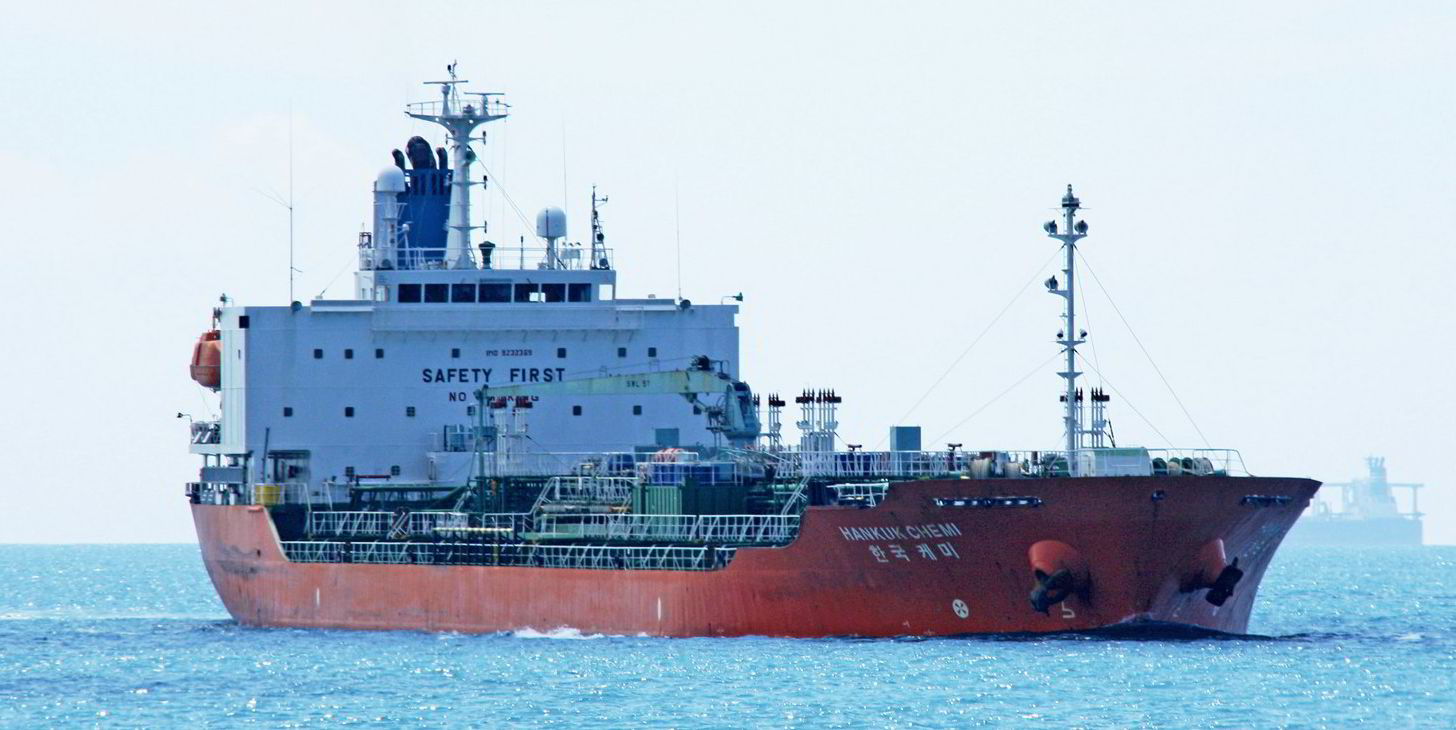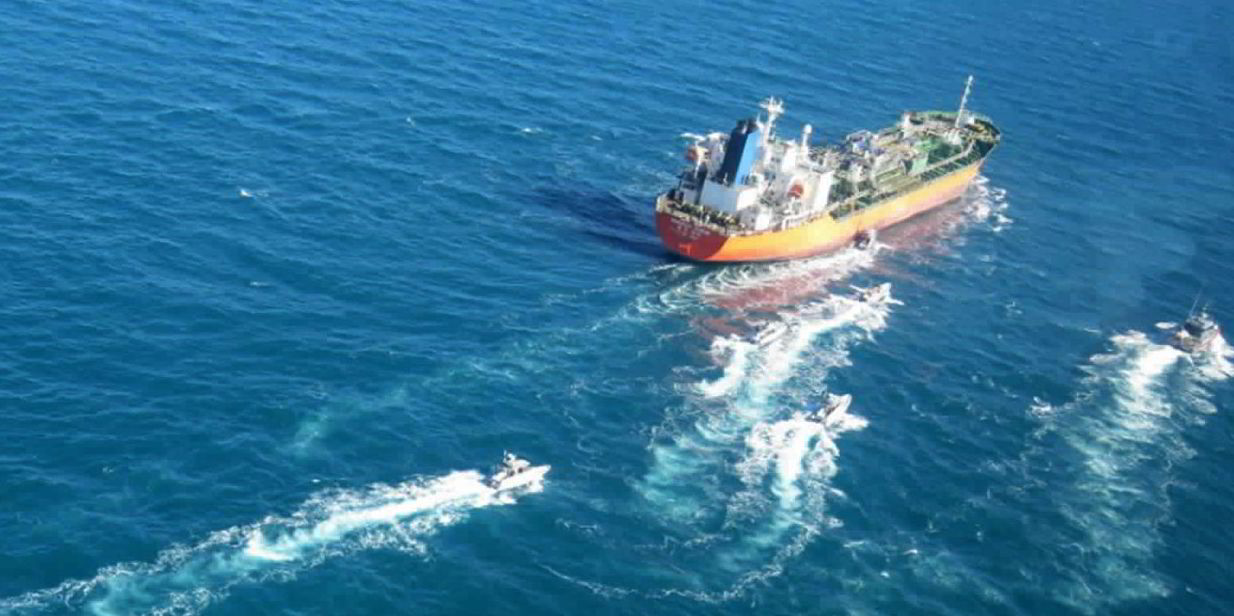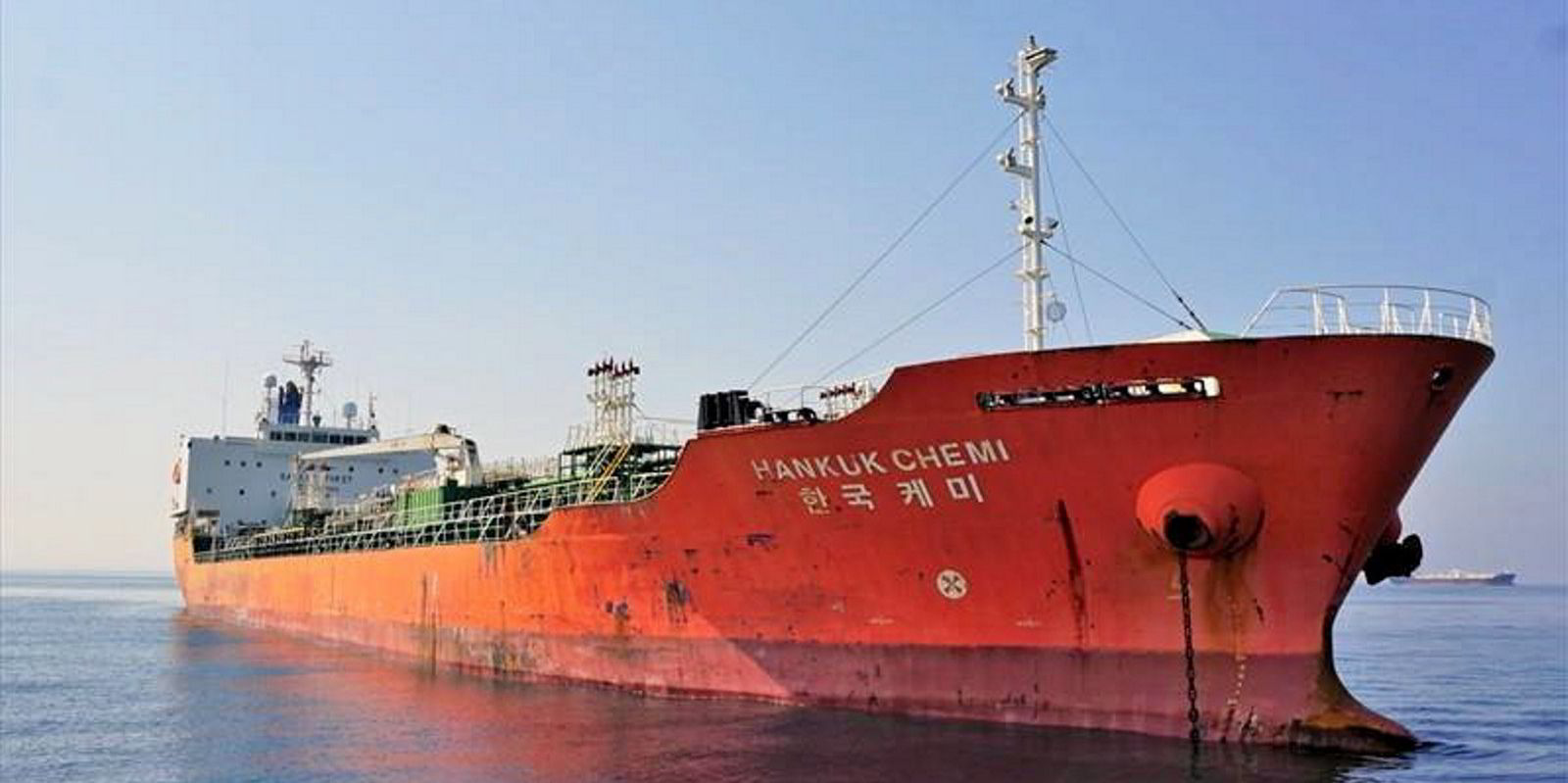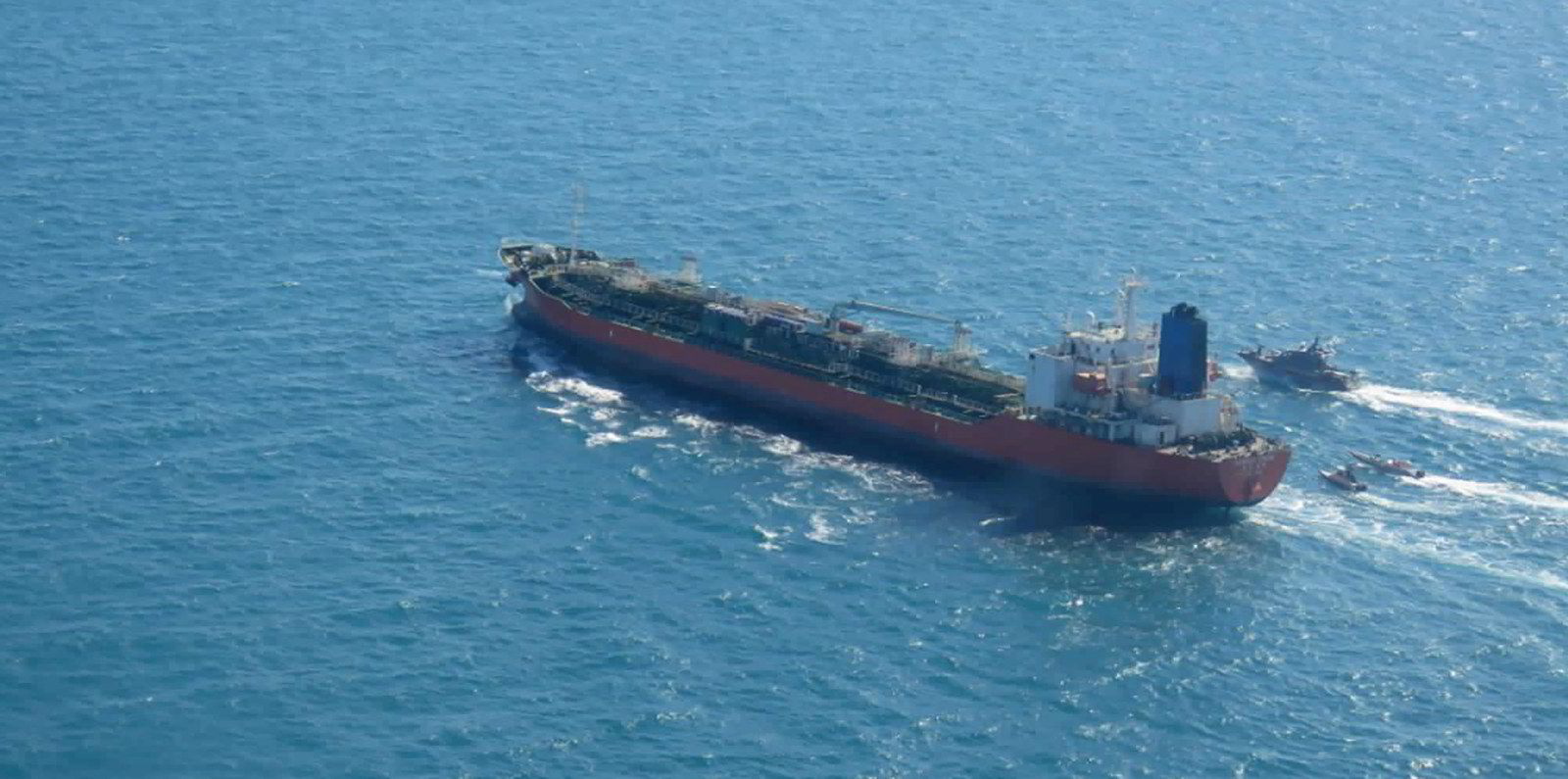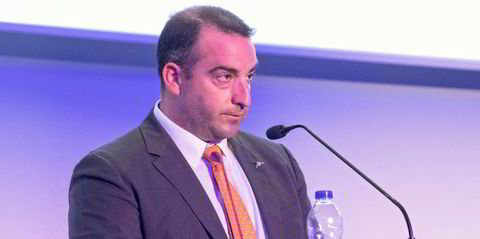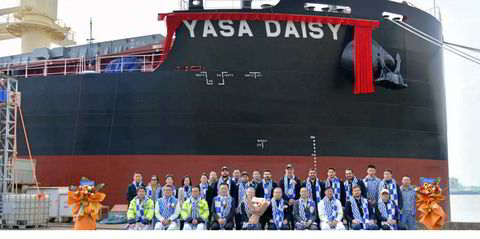Iran has reiterated its denial that the seizure of the chemical tanker Hankuk Chemi and its 20-member crew amounted to hostage-taking.
The vessel's seizure on 4 January, just days before the high-level diplomatic negotiations over $7bn in oil money held in South Korean banks, is still being suggested as purely coincidental.
Iran's deputy foreign minister Abbas Araqchi told his South Korean counterpart Choi Jong-Kun that Seoul "should refrain from politicising the issue and fruitless propaganda and allow the legal proceedings to proceed", Iran's state media has reported.
Choi, South Korea’s first vice foreign minister, arrived in Tehran for high-level diplomatic discussions over “mutual bilateral issues” on Sunday.
Before he left for Iran he had told South Korean media that securing release of the 17,400-dwt chemical tanker Hankuk Chemi (built 2000) would be his top priority.
Araqchi instead told Choi that South Korea was holding Iran’s oil money hostage.
"For about two and a half years, South Korean banks have frozen Iran's funds," Araqchi said in a report by the semi-official Fars news agency.
"In our view, this is more because of Seoul's lack of political will than the US sanctions."
An Iranian government spokesman said last Tuesday that the vessel was seized against claims of environmental pollution.
The Hankuk Chemi’s Busan-based operator, Taikun Shipping, told Reuters there was nothing to indicate before the seizure of the vessel that Iranian authorities were probing possible violations of environmental rules.
As TradeWinds reported on Friday, few political observers were willing to buy the line that the incident was purely co-incidental.
Other Iranian political sources also had no qualms telling both local and international media the incident was linked to the oil money, claiming that Iran is desperately trying to free up foreign currency held up in South Korean, Chinese and Indian banks to buy Covid-19 vaccines.
“Now, they have to come and negotiate with us over their tanker when we can whisper in their ears: ‘where is our money?’” a regime insider told the Financial Times.
Tradewinds reported on Friday that many political analysts believe that political and diplomatic isolation have led Iran to resort to drastic measures such as ship seizures to force foreign governments’ hands at the negotiating table.
"As we see it, it is part of the ongoing 'tit for tat' between Iran and the West and other countries since the summer of 2018,” said Hans Tino Hansen, founder and chief executive of security consultancy Risk Intelligence.
